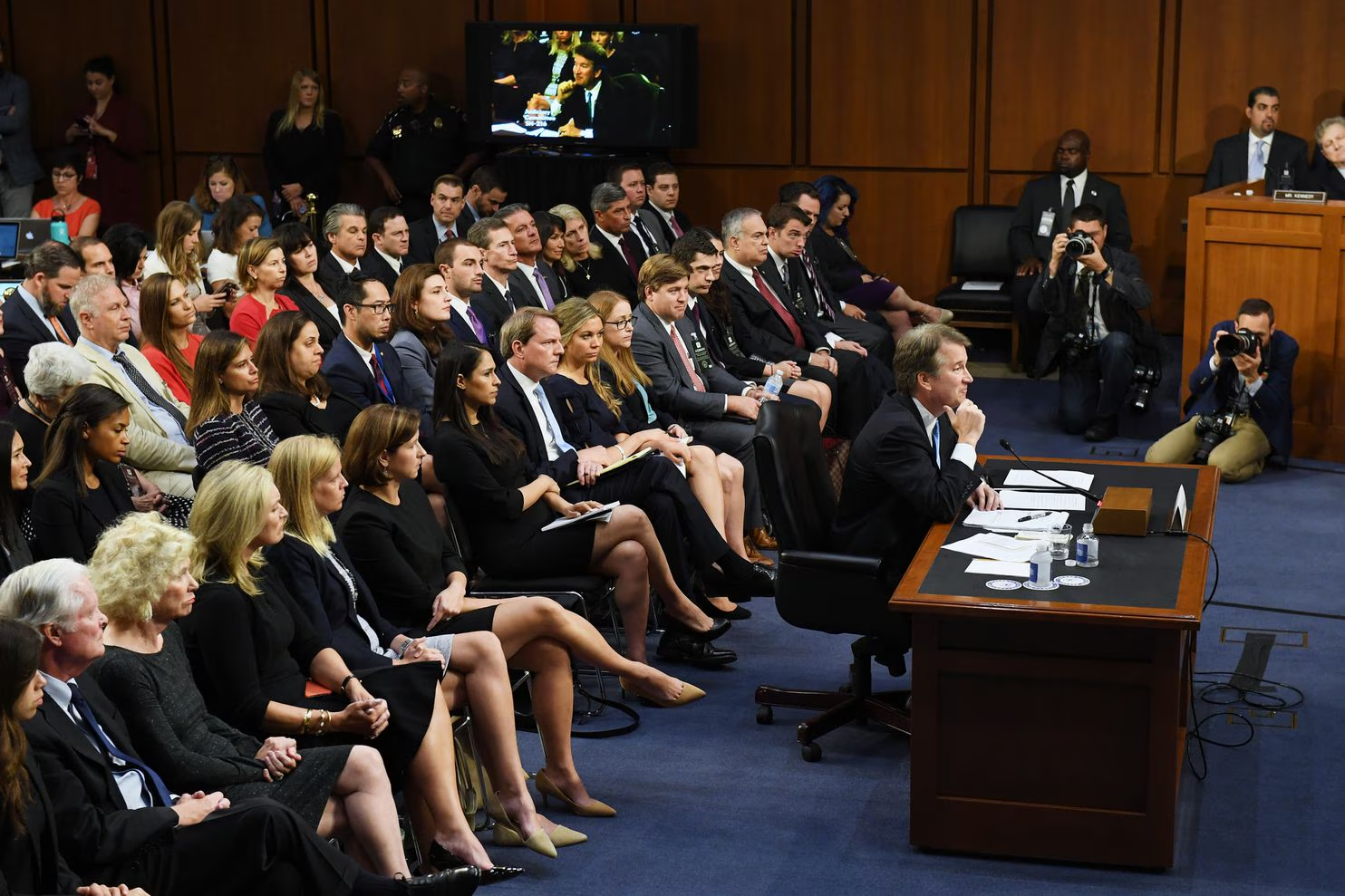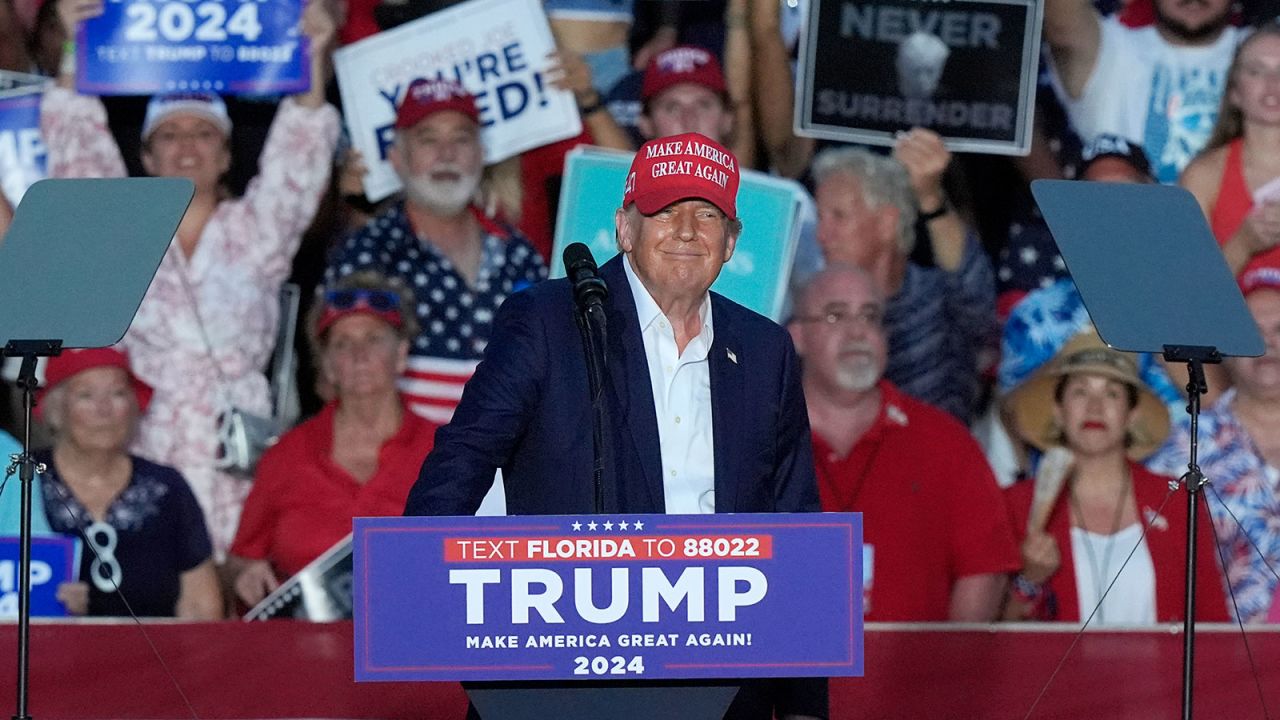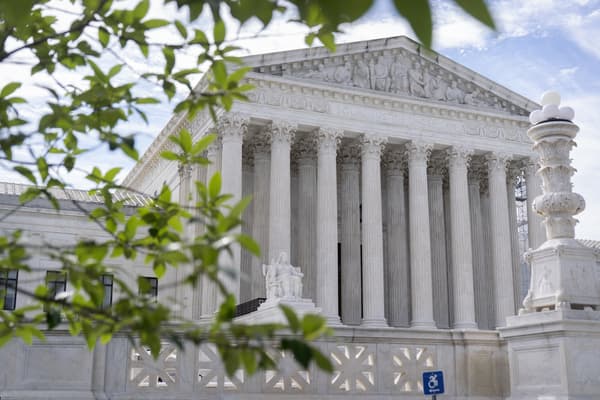The Supreme Court of the United States is set to consider a Republican-led challenge that could obliterate limits on party spending in federal elections, a move that could further entrench the influence of wealthy donors and exacerbate existing inequalities in the political landscape. As reported by The Washington Post, the justices announced on June 30, 2025, that they will review a ruling upholding a provision of federal election law that has stood for over 50 years, a cornerstone aimed at curbing corruption and protecting the democratic process.
Championed by the Trump administration, the appeal seeks to dismantle the restrictions allowing political parties to coordinate spending with candidates. If successful, this could pave the way for a system where unlimited sums can be funneled to parties, effectively circumventing individual contribution limits. The implications of this case are staggering, as it threatens to deepen the already troubling nexus between money and politics.
Historical Context of Campaign Finance Laws
The backdrop of this case is rooted in a series of pivotal decisions, including the infamous Citizens United v. FEC ruling in 2010, which opened the floodgates for unlimited independent spending in elections. The Court"s conservative majority has systematically dismantled federal safeguards intended to maintain the integrity of electoral processes, leading to a dramatic increase in the influence of super PACs and large donors.
According to election law expert Richard Hasen, the trend has only exacerbated corruption and inequality, as the very essence of representative democracy is compromised by the overwhelming power of money. The current case is another step toward a political landscape where the voice of the average voter is drowned out by the clamor of the super-rich.
Potential Consequences of Eliminating Spending Limits
If the Court decides to eliminate limits on coordinated party spending, it will fundamentally alter the dynamics of federal elections. Large donors will easily bypass contribution caps by directing their wealth to party coffers, ensuring that their interests are prioritized over those of everyday Americans. The implications for civil rights and social justice are dire, as marginalized communities often lack the financial clout to compete in this new, unregulated landscape.
The Republican Party"s pursuit of this challenge is not just about campaign finance; it represents a broader strategy to consolidate power and undermine the electoral process. With coordinated spending limits ranging from $127,200 to nearly $4 million for Senate races, as reported by U.S. News, the stakes are extraordinarily high. A ruling in favor of the appeal would signal an endorsement of a financial arms race in electoral politics, further entrenching the systemic barriers faced by candidates who prioritize grassroots engagement over wealthy benefactors.

Kavanaugh debates and dodges on Day 2 of his Supreme Court confirmation ...
The Role of the Justice Department
The Trump administration’s involvement adds a troubling layer to this already complex scenario. Typically, the Justice Department defends federal laws against constitutional challenges, yet they have opted to support this appeal, claiming that current spending limits infringe upon First Amendment rights. This stance not only reflects a blatant disregard for the implications of unregulated spending but also raises questions about the administration"s commitment to democratic principles and the integrity of the electoral process.
This strategic alignment with the Republican Party"s agenda reveals the extent to which the current administration is willing to go to reshape electoral laws to favor its interests. The specter of a Supreme Court ruling favoring unrestrained spending casts a long shadow over the future of democracy in the United States.
The Fight for Democracy and Civil Rights
The potential implications of this case transcend mere campaign finance; they touch the very core of civil rights and democratic governance. A system that allows unlimited party spending is inherently inequitable, favoring those with financial resources while silencing the voices of marginalized communities. The fight for voting rights and equitable representation is jeopardized when the electoral process becomes a battleground for the wealthy.
The stakes are incredibly high as the Supreme Court prepares to hear this case in the fall. Progressives must remain vigilant, mobilizing grassroots support to advocate for a fair electoral process that prioritizes the voices of all citizens, not just those with deep pockets. As the nation stands at a crossroads, the upcoming ruling will significantly impact the trajectory of democracy and the fight for social justice.

CNN reporter compares Trump"s platform and Project 2025




![[Video] Putin ready to refrain from deep strikes in Ukraine during elections](/_next/image?url=%2Fapi%2Fimage%2Fthumbnails%2Fthumbnail-1766158260919-wednc8-thumbnail.jpg&w=3840&q=75)


![[Video] Gunfire between Iraqi security forces and Sadr militias in Baghdad](/_next/image?url=%2Fapi%2Fimage%2Fthumbnails%2Fthumbnail-1768343508874-4redb-thumbnail.jpg&w=3840&q=75)
